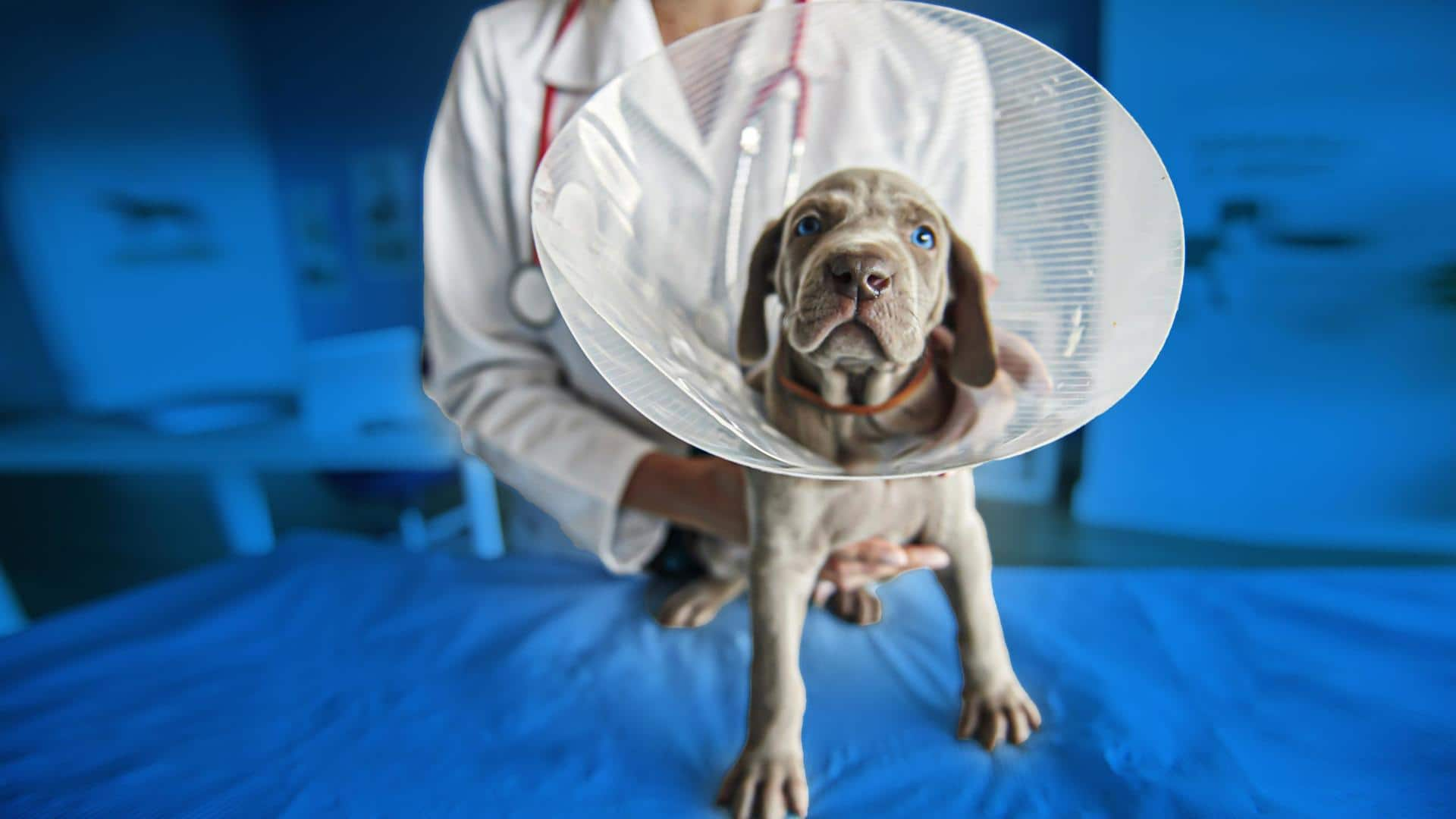
World Spay Day: All about spaying and neutering pets
What's the story
In India, over 80 million stray animals live homeless, as per a 2021 report by Mars Petcare India. This draws our attention toward the need to spay them to keep a check on their overpopulation. On the occasion of World Spay Day, we touched base with Dr. Piyush Patel, Senior Manager, Dog Management Program at Humane Society International/India to understand the importance of spaying.
Information
What is spaying?
The word "spay" is a common term for ovariohysterectomy. This is a surgical procedure that involves the removal of a female dog's reproductive organs. Dogs are typically spayed in order to eliminate the possibility of reproduction.
Significance
Why is World Spay Day observed?
World Spay Day is an annual event held on the last Tuesday of February to raise awareness about the importance of spaying and neutering pets and stray animals. This is done to control their population and improve their health. By promoting spaying and neutering, we can reduce the number of homeless animals and improve their health and well-being.
History
The history behind World Spay Day
The event was first celebrated in 1995 by the Doris Day Animal League, an organization founded by American actress and animal welfare activist Doris Day. Initially, the event was called Spay Day USA. Later, in 2006, the Humane Society of the United States (HSUS) took over the coordination of Spay Day USA and expanded it to become World Spay Day.
Benefits
Why should you get your pet spayed?
Spaying your pet can have a number of benefits, including preventing their overpopulation, improving their quality of life, and decreasing their aggressive behavior to prevent the spread of diseases to humans. Explaining the primary benefit of spaying stray animals and pets, Dr. Piyush Patel says, "It is done to avoid unwanted pups and manage overpopulation of dogs on streets."
Process
What is the procedure involved in spaying?
In the spaying operation, the surgeon "removes the reproductive tract of female dogs." As per Dr. Patel, "The removal of uterus and ovaries prevents female dogs from coming in heat cycles, which means less conflict on the street during the breeding season." After the process is complete, he adds, "The female dog will not be able to conceive and deliver any more pups."
Risk
Is it safe for your pet to get spayed?
Spaying is a common surgery, but there is always some degree of risk involved. However, Dr. Patel suggests getting your pet "thoroughly examined by a veterinarian and getting blood tests done before surgery." "You should also ensure that your pet is not showing symptoms of any disease," he said. Dr. Patel further recommends following the instructions of a veterinarian for post-operative care and medicines.